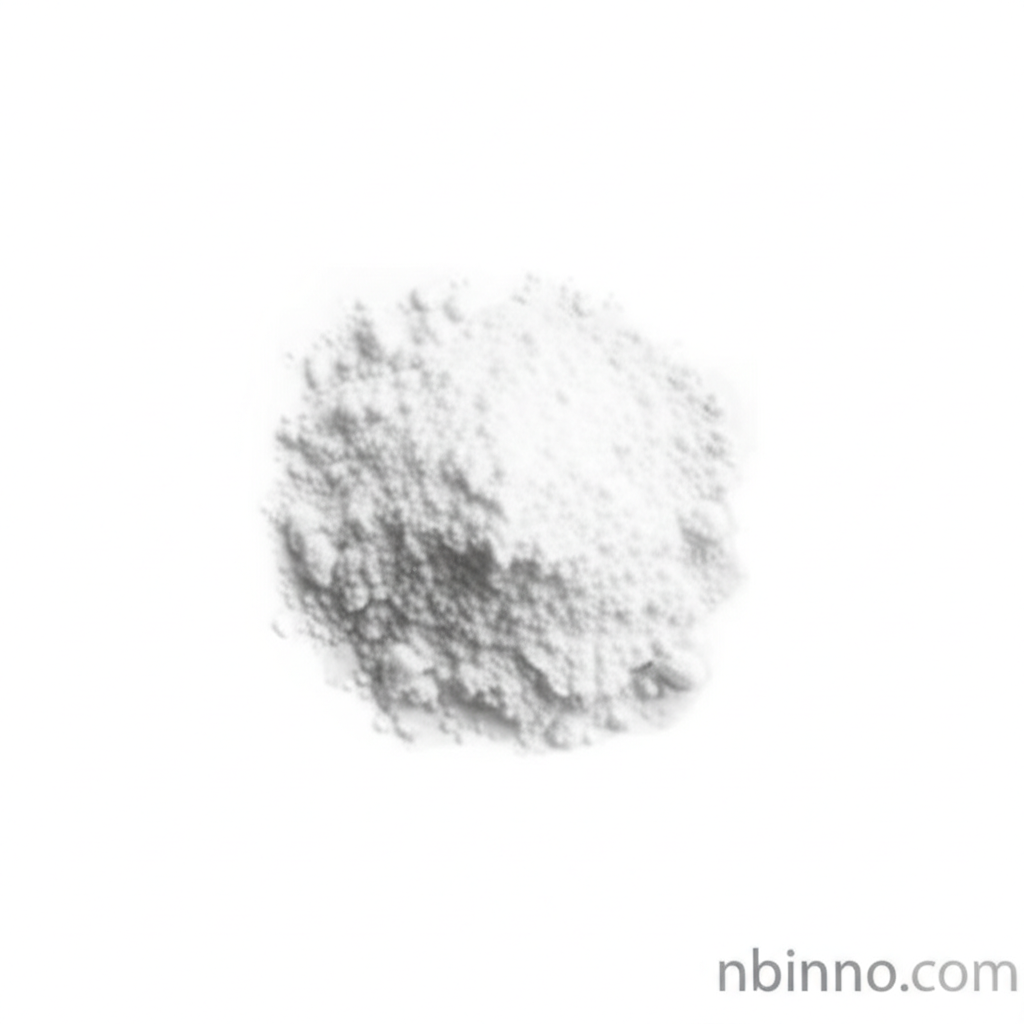Ancitabine Hydrochloride: An Overview of its Pharmaceutical Applications and Research Potential
Exploring the critical role of Ancitabine Hydrochloride in oncology and its impact on scientific research.
Get a Quote & SampleProduct Core Value

Ancitabine Hydrochloride
Ancitabine Hydrochloride, identified by CAS 10212-25-6, stands as a significant pharmaceutical ingredient with potent antineoplastic properties. Primarily utilized as an antileukemia drug, its mechanism of action involves interfering with DNA synthesis, a critical process for cancer cell proliferation. This makes it a key compound in oncology research and treatment protocols.
- Understanding the Ancitabine Hydrochloride mechanism of action is crucial for its effective application in treating various forms of leukemia.
- Researchers are actively exploring Ancitabine Hydrochloride pharmaceutical applications, investigating its potential in combination therapies to improve cancer treatment outcomes.
- The availability of high-purity Ancitabine Hydrochloride is vital for its role as a reliable pharmaceutical ingredient in clinical trials and drug development.
- As a nucleoside analog, Ancitabine Hydrochloride serves as a valuable tool in Ancitabine Hydrochloride cancer research, aiding the study of drug resistance and new therapeutic targets.
Key Advantages
Targeted Cancer Therapy
Ancitabine Hydrochloride exhibits antineoplastic properties, primarily targeting leukemia, offering a focused approach to cancer treatment and contributing to improved patient outcomes in Ancitabine Hydrochloride clinical trials.
Advanced Research Tool
As a potent DNA synthesis inhibitor, Ancitabine Hydrochloride is instrumental in Ancitabine Hydrochloride research potential, aiding studies on nucleic acid metabolism and drug resistance mechanisms in cancer cells.
Pharmaceutical Grade Purity
The availability of Ancitabine Hydrochloride at high purity standards ensures its reliability as a pharmaceutical ingredient, supporting rigorous scientific research and pharmaceutical development.
Key Applications
Antitumor Drug Development
Ancitabine Hydrochloride plays a crucial role in developing new antileukemia agents and is investigated for its efficacy in various cancer types, making it a focus in Ancitabine Hydrochloride pharmaceutical applications.
Leukemia Treatment
This compound is a vital component in the treatment of certain leukemias, providing a critical therapeutic option for patients and highlighting its significance in Ancitabine Hydrochloride cancer treatment.
Nucleic Acid Synthesis Research
Utilized in laboratories, Ancitabine Hydrochloride serves as a key reagent for understanding DNA and RNA synthesis processes, contributing to the Ancitabine Hydrochloride research potential in molecular biology.
Drug Resistance Studies
Researchers employ Ancitabine Hydrochloride to investigate mechanisms of drug resistance in cancer cells, aiding in the development of more effective treatment strategies and enhancing the understanding of Ancitabine Hydrochloride mechanism of action.
